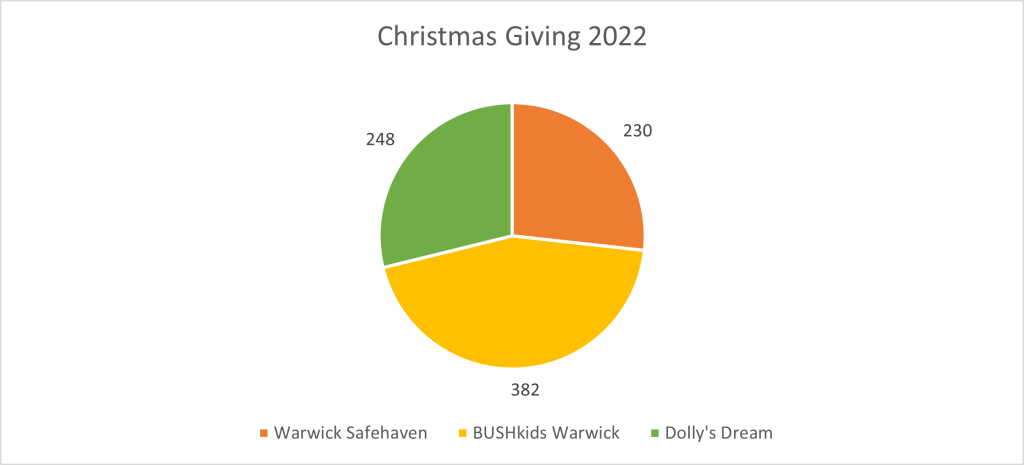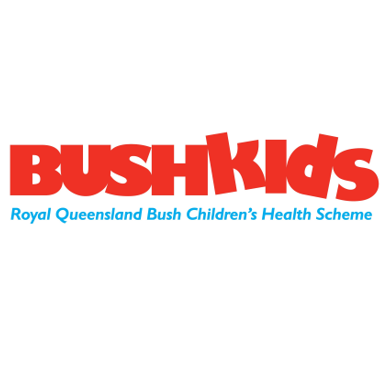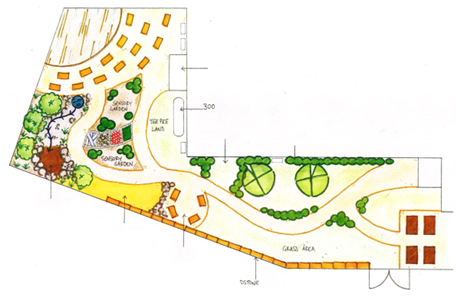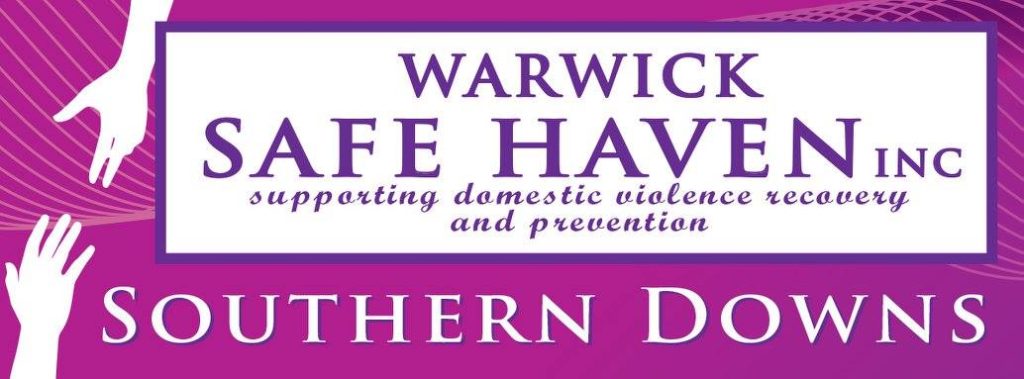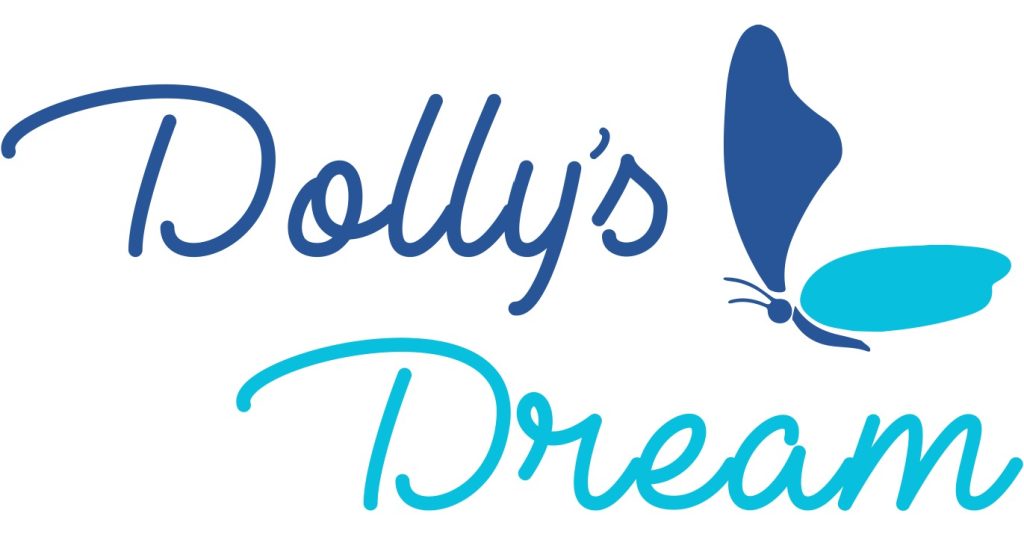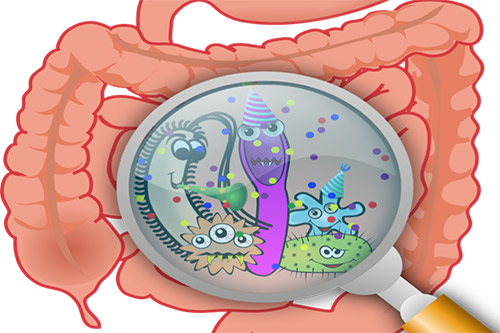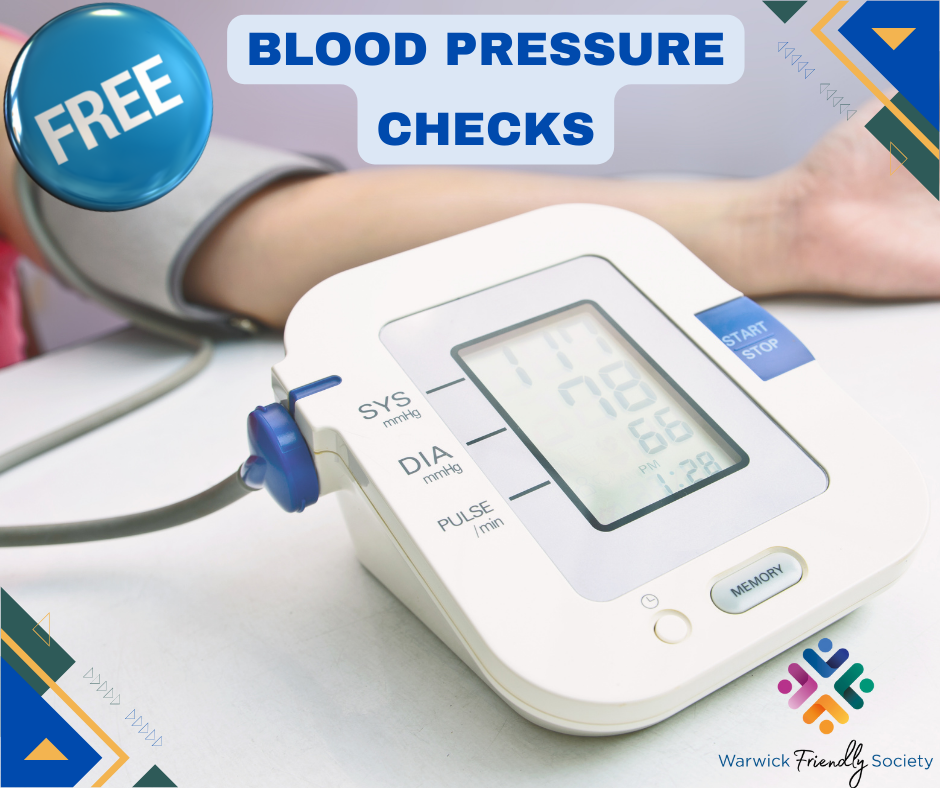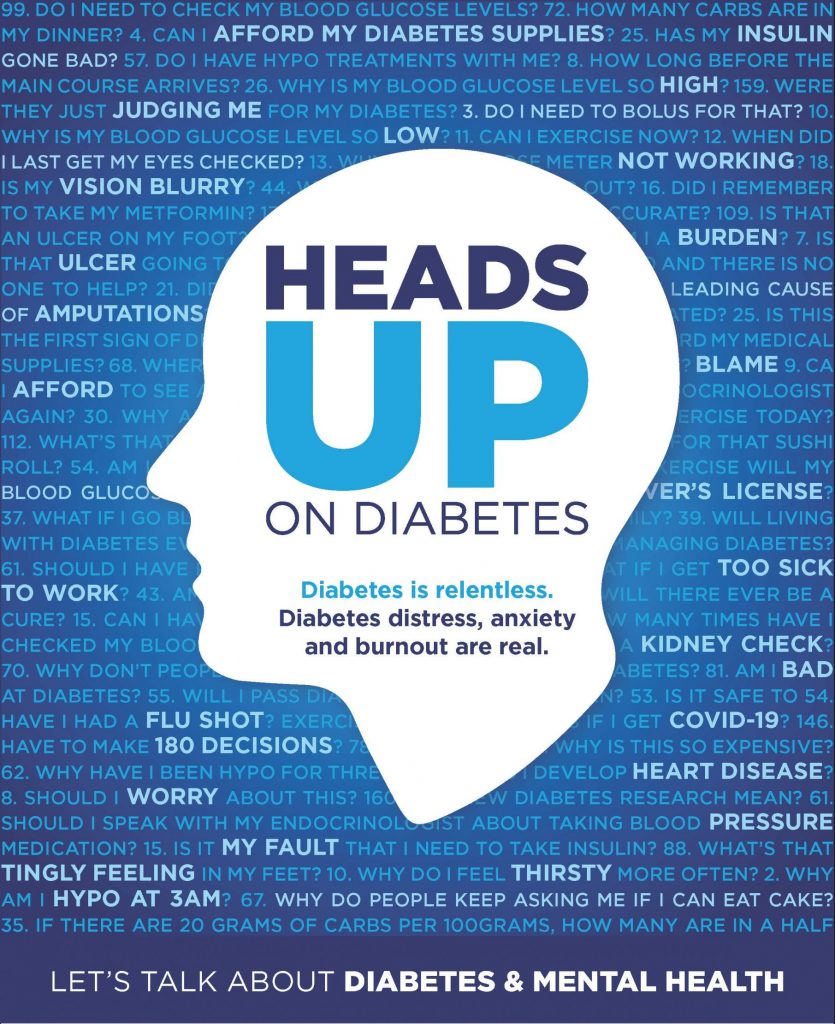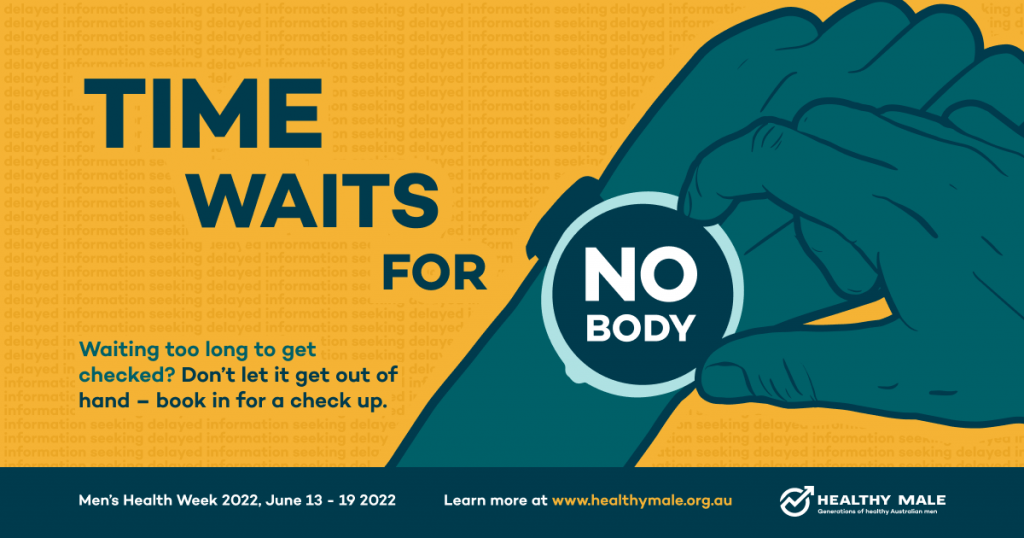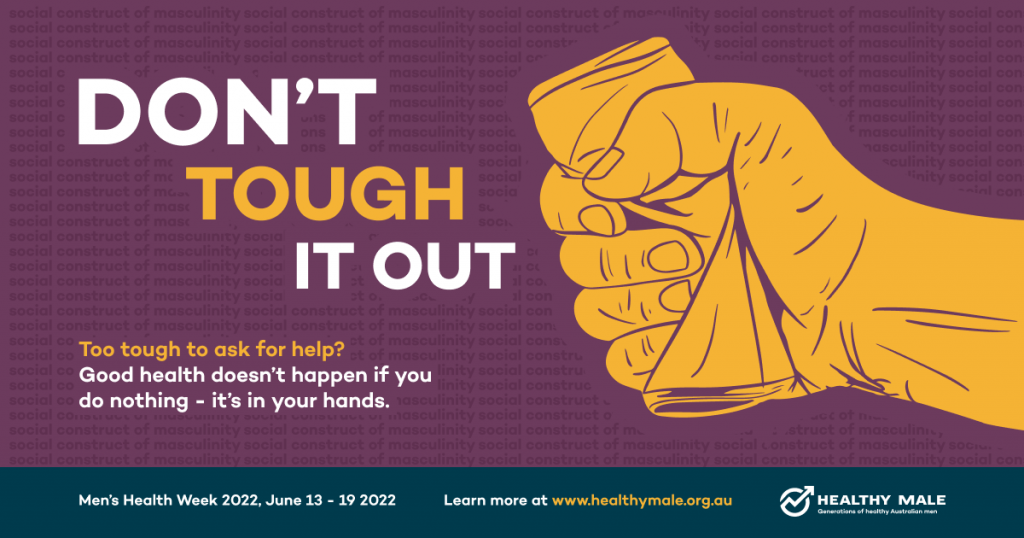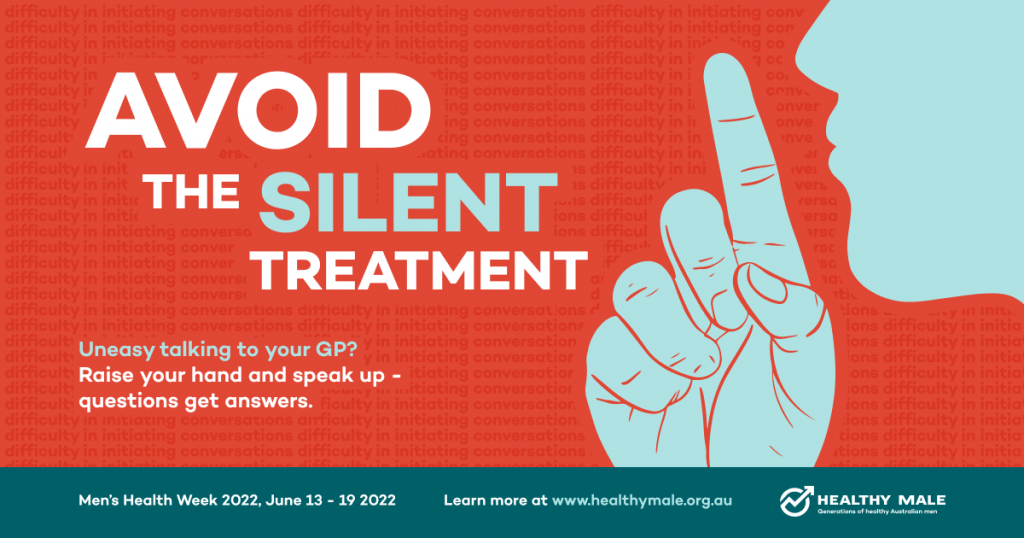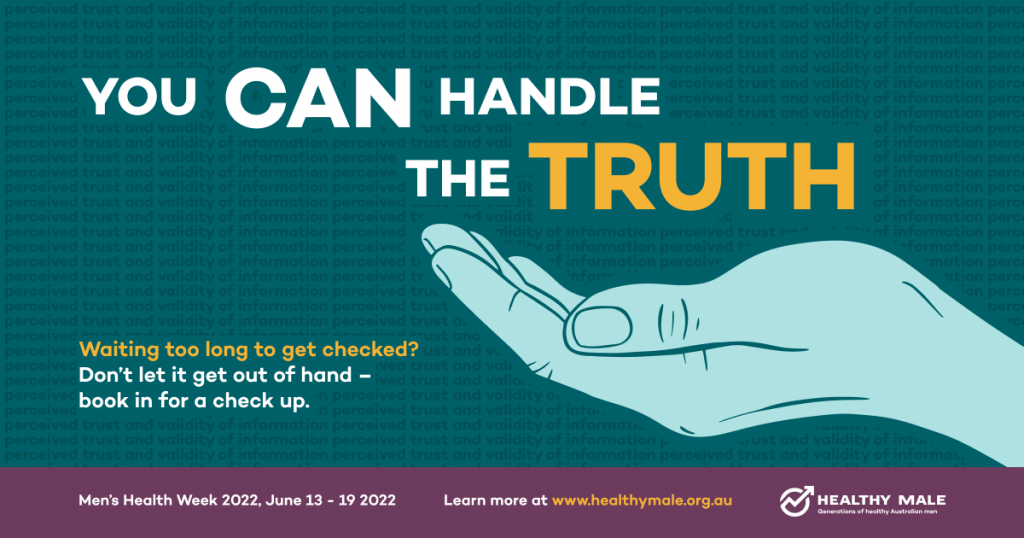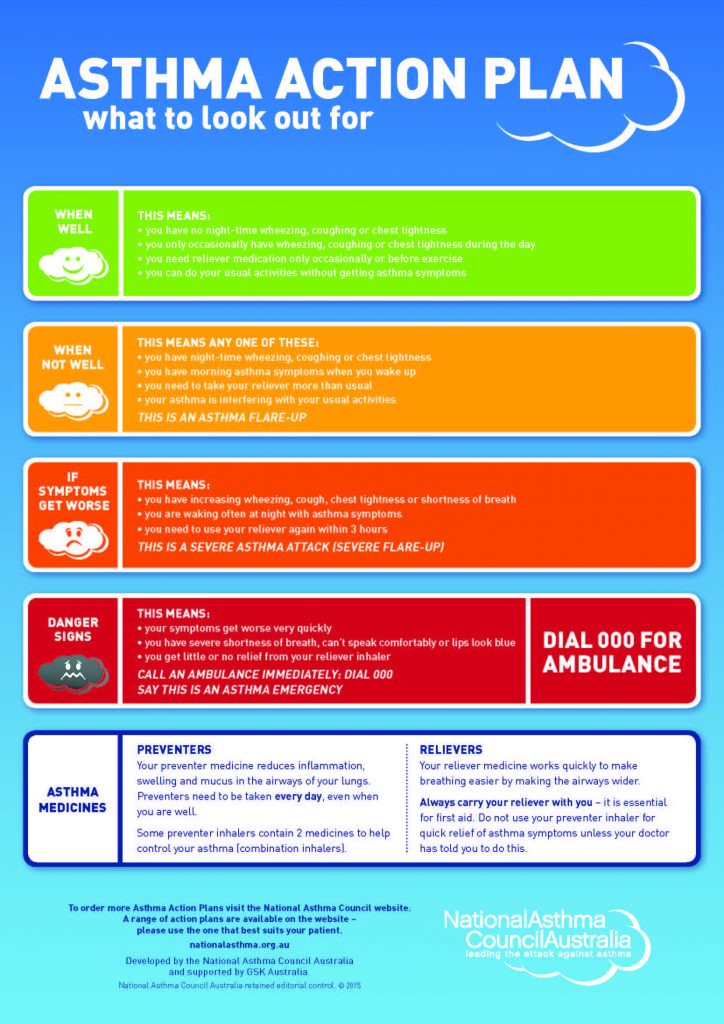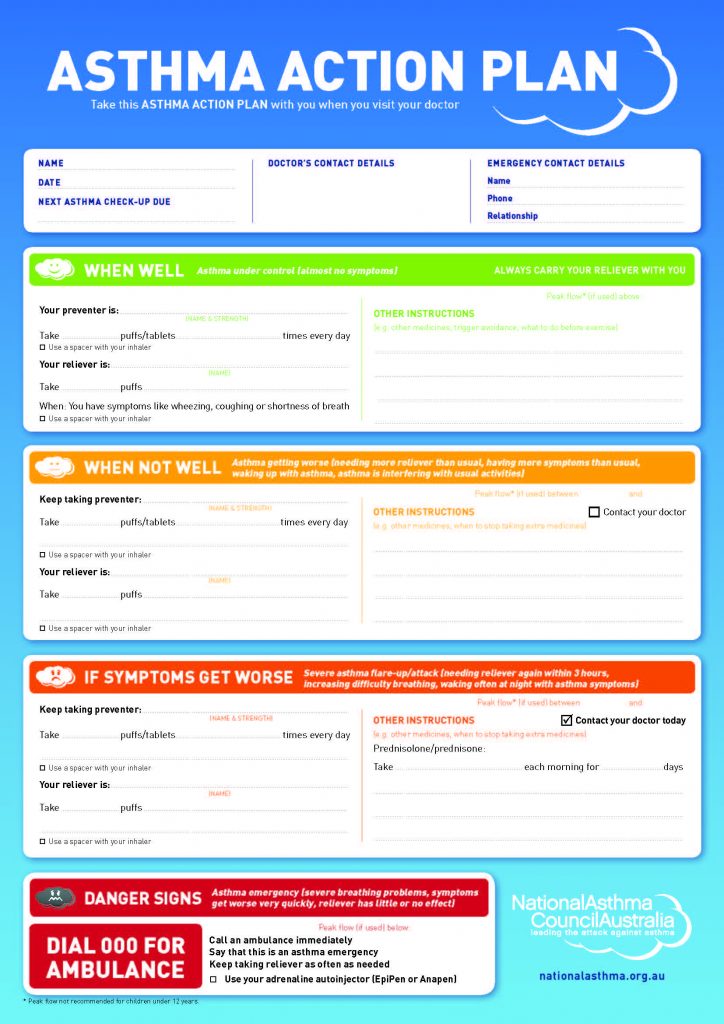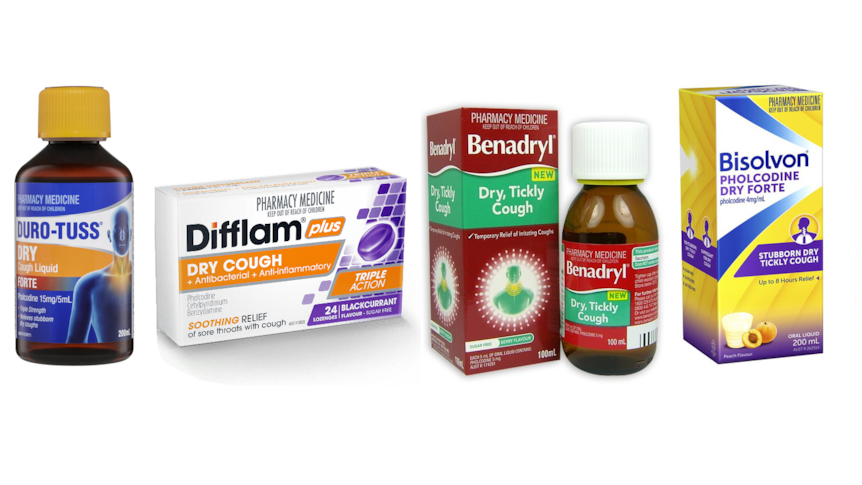
Following a safety investigation by the Therapeutic Goods Administration (TGA), 55 products containing Pholcodine are being cancelled from the Australian Register and recalled from pharmacy shelves.
The reason for the recall is that the investigation discovered a link between pholcodine containing medicines leading to an increased risk of anaphylactic reactions (a sudden, and severe life-threatening allergic reaction) when used with certain medicines that are used as muscle relaxants during general anaesthesia.
Pholcodine is used in a wide range of over-the-counter pharmacy medicines to treat a dry cough – particularly in syrups and lozenges. It is also used in combination medicines to treat symptoms of cold and flu.
Consumers are being encouraged to check their medicine cupboards. If you have any cold and flu preparations containing pholcodine, do not use it and, if you wish to dispose of any unused product, you can return it to the pharmacy for safe disposal. If you have taken the medicine, make sure you let your health care professionals know before any scheduled surgeries.
With cold and flu season fast approaching, it is important to know that we have alternatives to pholcodine. Self-care measures can be used to help relieve symptoms such as:
- Ensuring adequate hydration
- Resting to help aid recovery
- Adding moisture into the air
- Staying home from work or school to avoid spreading the virus
Coughs often clear up by themselves in 3 to 4 weeks and in the meantime the use of lozenges or other cough medicines can help relieve symptoms. Other measures, such as pain relief or cold and flu tablets may be appropriate. As always, it is best to speak to one of our friendly pharmacists for advice regarding over-the-counter medicines. Annual influenza vaccination is an important measure in preventing the spread of influenza and complications that can arise. Queensland Health recommends the annual influenza vaccine for everyone 6 months and over.

